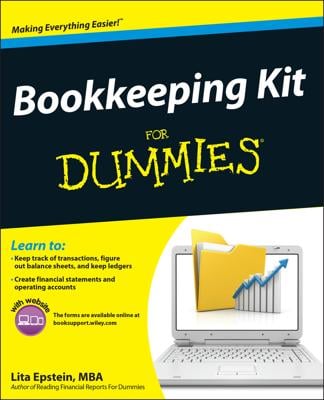Fraud, embezzlement, and misappropriation can occur in every size of business. Such illegal accounting practices require manipulation of a business’s accounts. Keep your eyes open for these kinds of illegal accounting practices in your small business:
Sales skimming: Not recording all sales revenue, to deflate the taxable income of the business and its owner.
Recording personal expenses through the business: To make these expenses deductible for income tax.
Kickbacks and payoffs: The purchasing managers in any size business can be tempted to accept kickbacks and under-the-table payoffs from vendors and suppliers.
For example, if a business pays a bribe, it doesn't record the amount in a bald-faced account called “bribery expense.” Rather, the business disguises the payment by recording it in a legitimate expense account (such as repairs and maintenance expense or, ironically, legal expense).
Money laundering: Taking money from illegal sources (such as drug dealing) and passing it through a business to make it look legitimate — to give the money a false identity.
This money can hardly be recorded as “revenue from drug sales” in the accounts of the business. If an employee embezzles money from the business, he has to cover his tracks by making false entries in the accounts or by not making entries that should be recorded.
Manipulating accounts to conceal fraud, illegal activities, and embezzlement is generally called juggling the accounts. Another term you probably have heard is cooking the books. Although this phrase is sometimes used in the same sense of juggling the accounts, cooking the books more often refers to deliberate accounting fraud, in which the main purpose is to produce financial statements that tell a better story than are supported by the facts.
When the accounts have been juggled or the books have been cooked, the financial statements of the business are distorted, incorrect, and misleading. Creditors who end up suffering losses have legal grounds to sue the business for damages suffered. And the IRS is on constant alert for fraud in federal income tax returns. Remember: Income tax evasion is a felony.

